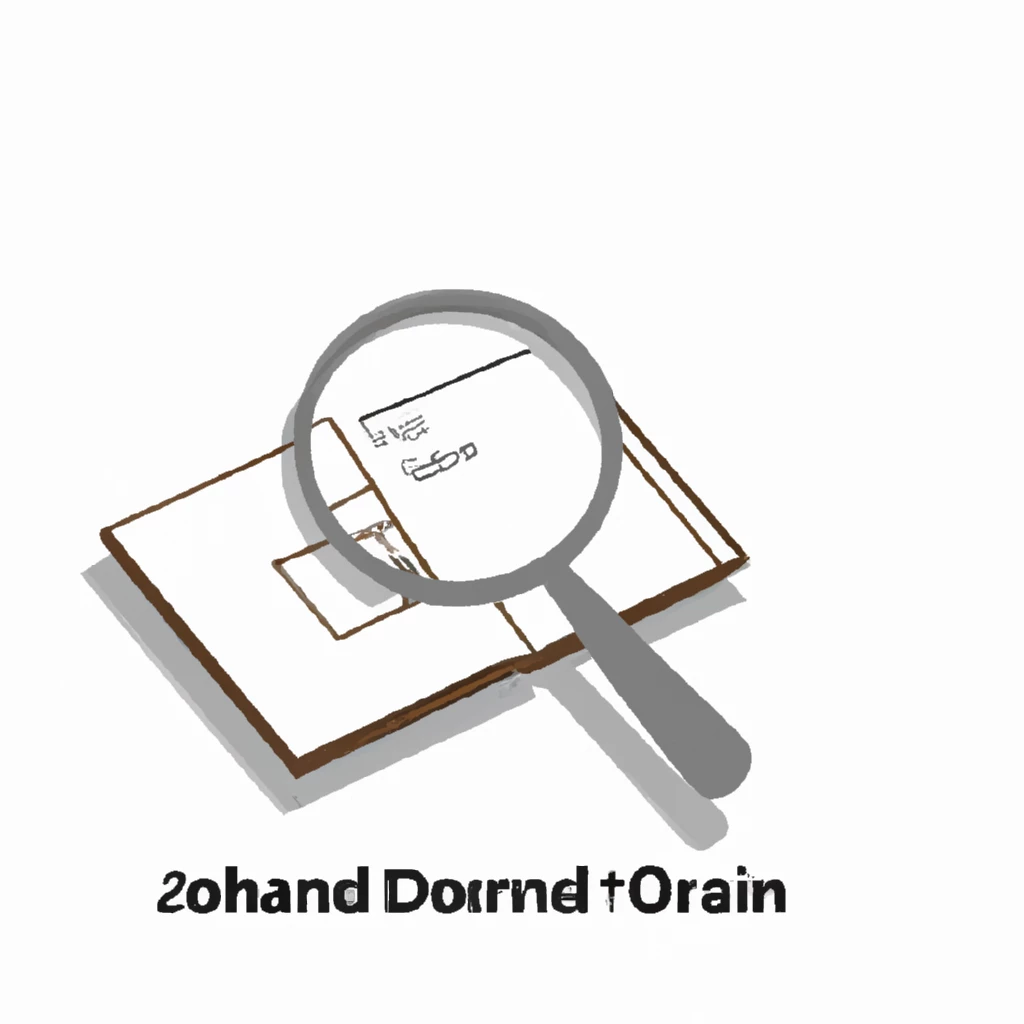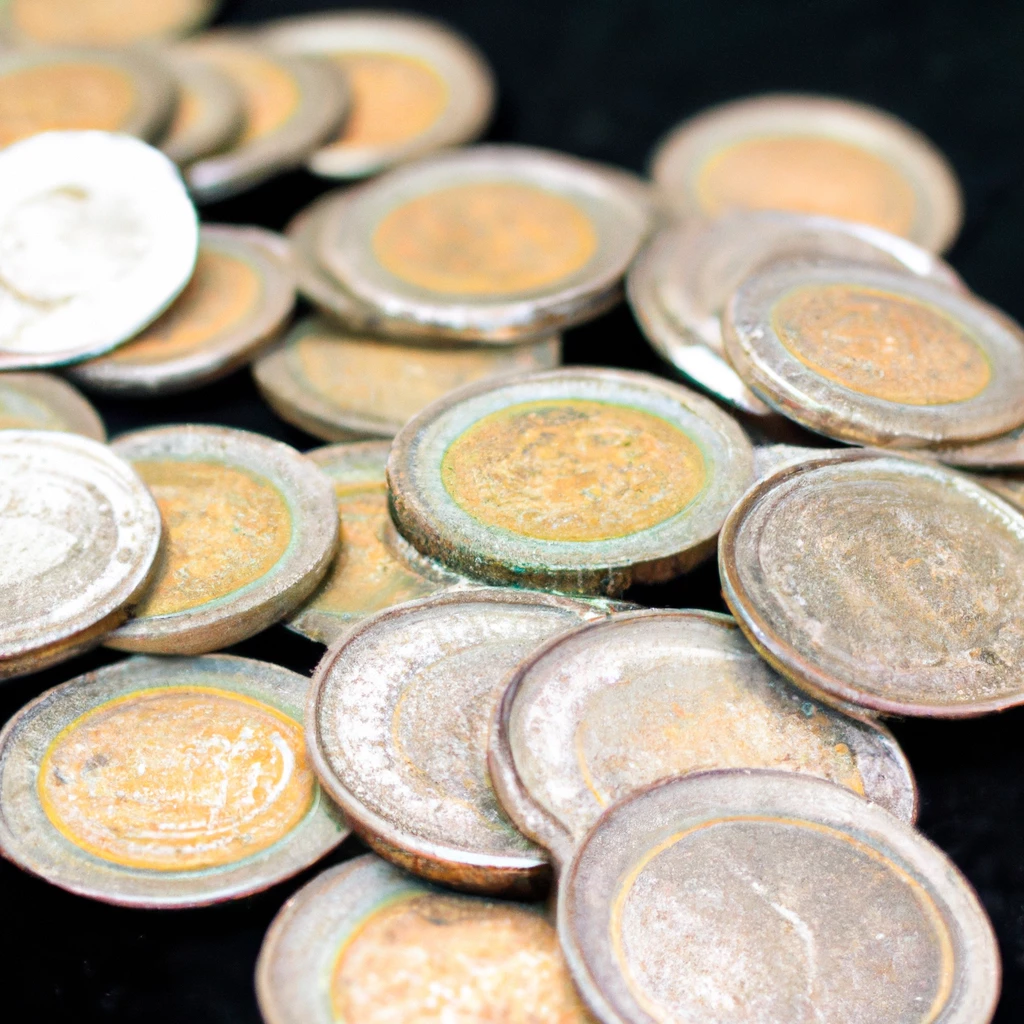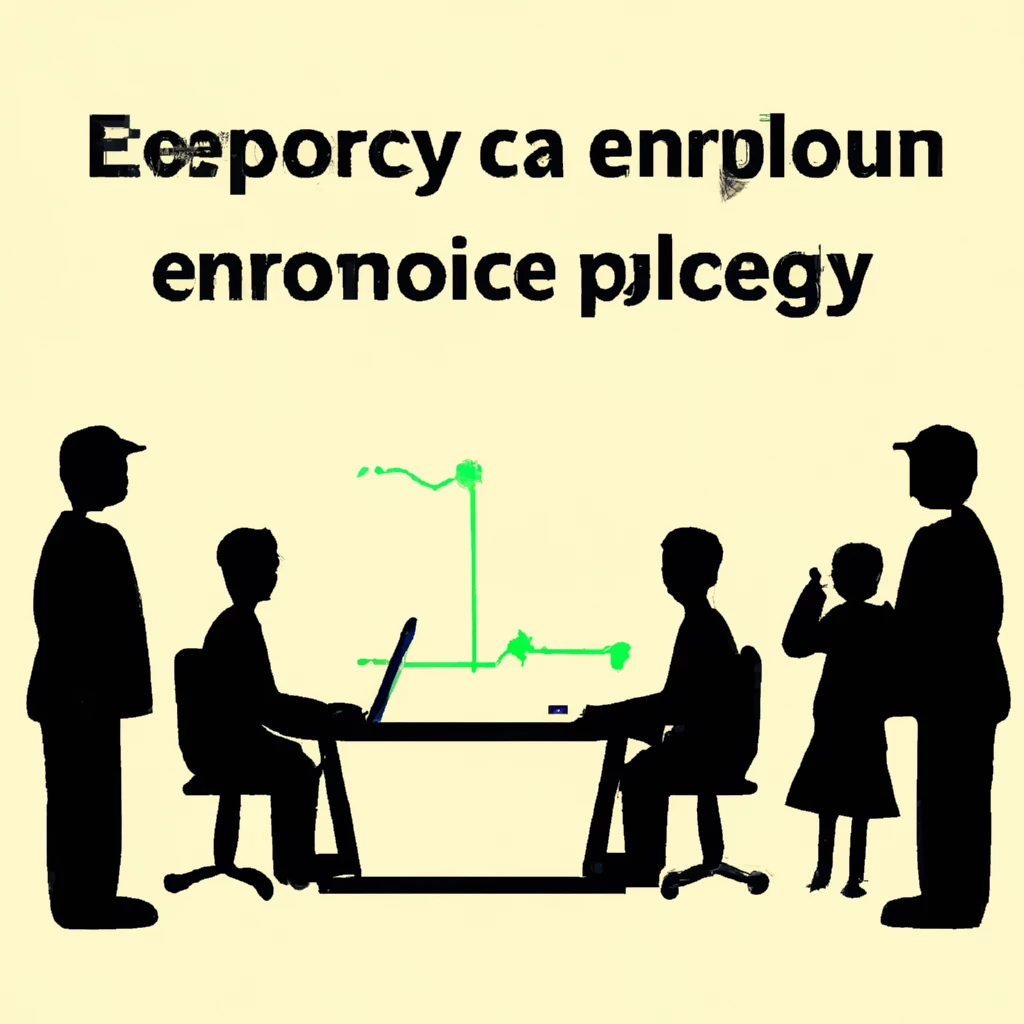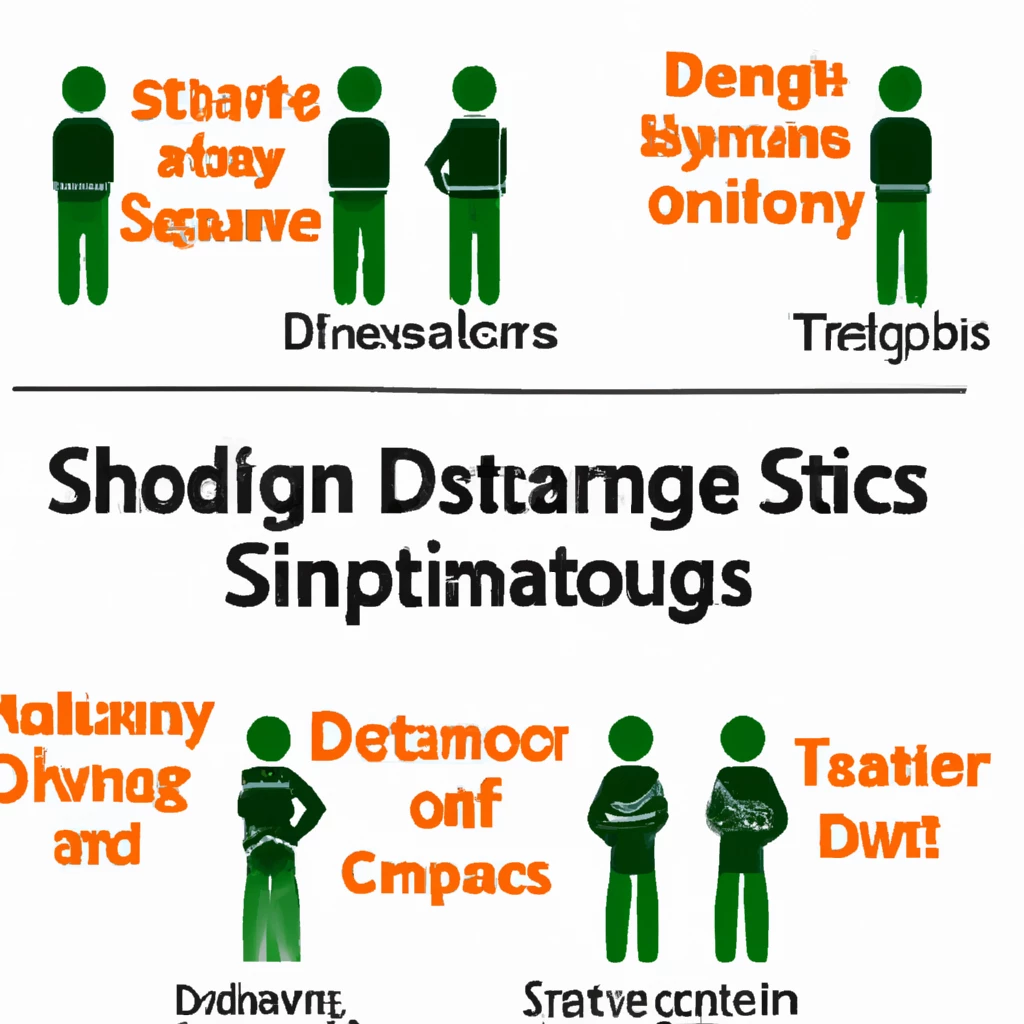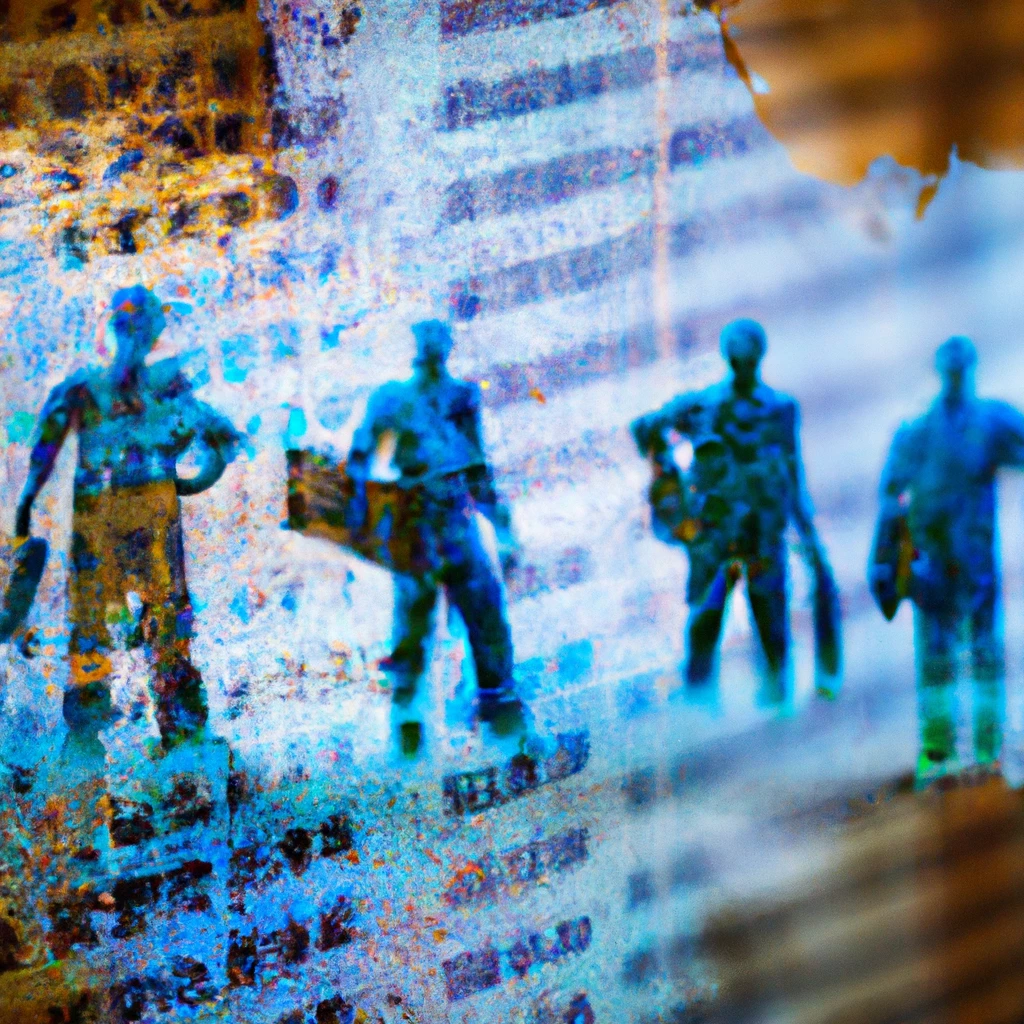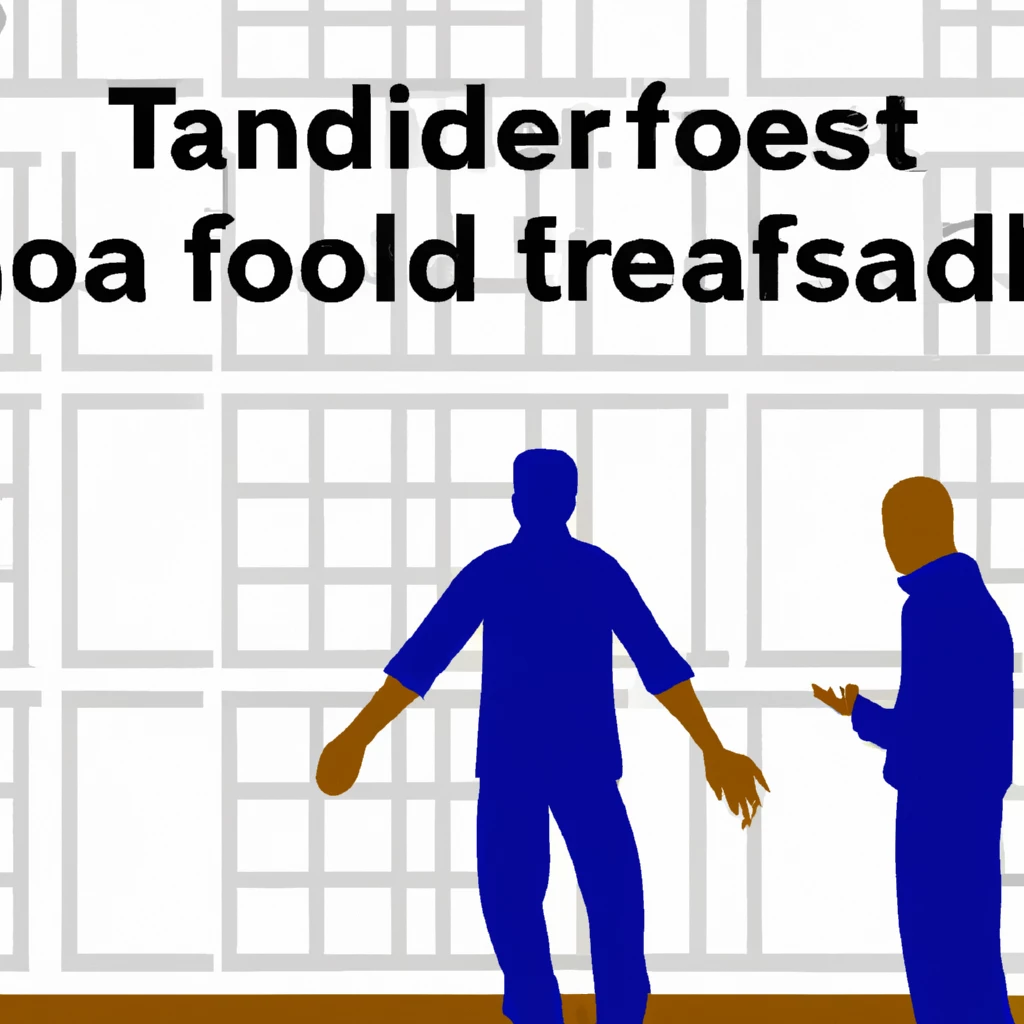
What Is a Floor Trader?
A floor trader is a vital exchange member who executes transactions exclusively for their own account from the floor of the exchange. Traditionally, floor traders engaged in open outcry trading in the pit of commodity or stock exchanges, but nowadays, most utilize electronic trading systems. This shift means many floor traders no longer physically partake in the trading pit.
Floor traders play a crucial role in commodity and stock markets by providing liquidity and reducing bid-ask spreads. They are also known as individual liquidity providers or registered competitive traders.
Key Takeaways
- A floor trader is an exchange member who executes transactions for their own account from the exchange floor.
- Floor trading has become less common due to the prevalence of electronic trading, with many exchanges closing their physical trading floors.
Understanding the Floor Trader
In popular culture, floor traders are the traders depicted in movies during scenes set in security exchanges. They are often portrayed as emotionally involved in their trades as they are dealing with their own finances. However, in reality, floor traders are a diminishing group, as most individual traders now opt for electronic trading outside the traditional pit environment.
To become a floor trader, individuals must undergo a screening process mandated by regulatory bodies such as the National Futures Association. Requirements typically include submitting online forms, fingerprint cards, trading privilege documentation from a contract market, and a nominal application fee.
Floor Traders, Market Makers, and Brokers
Floor traders operate alongside market makers and brokers in the trading pit, each serving distinct functions. Brokers act on behalf of clients, while market makers mainly provide liquidity. Floor traders also contribute to liquidity provision, but their primary goal is profit-making using their own capital. Occasionally, a floor broker may be authorized to trade for their personal account in addition to client trades, blurring the lines between a floor broker and a floor trader.
The Future of Floor Trading
The landscape of floor trading is evolving rapidly, with electronic trading overtaking traditional floor trading due to its speed and cost-effectiveness. Many exchanges have shuttered their physical trading floors, especially exacerbated by the 2020 crisis which prompted closures of major stock exchanges around the globe. While some exchanges are gradually reopening their trading floors, the future of floor trading as a profession remains uncertain.
